Choosing a Concealed Carry Handgun
Terry Nelson 07.22.20
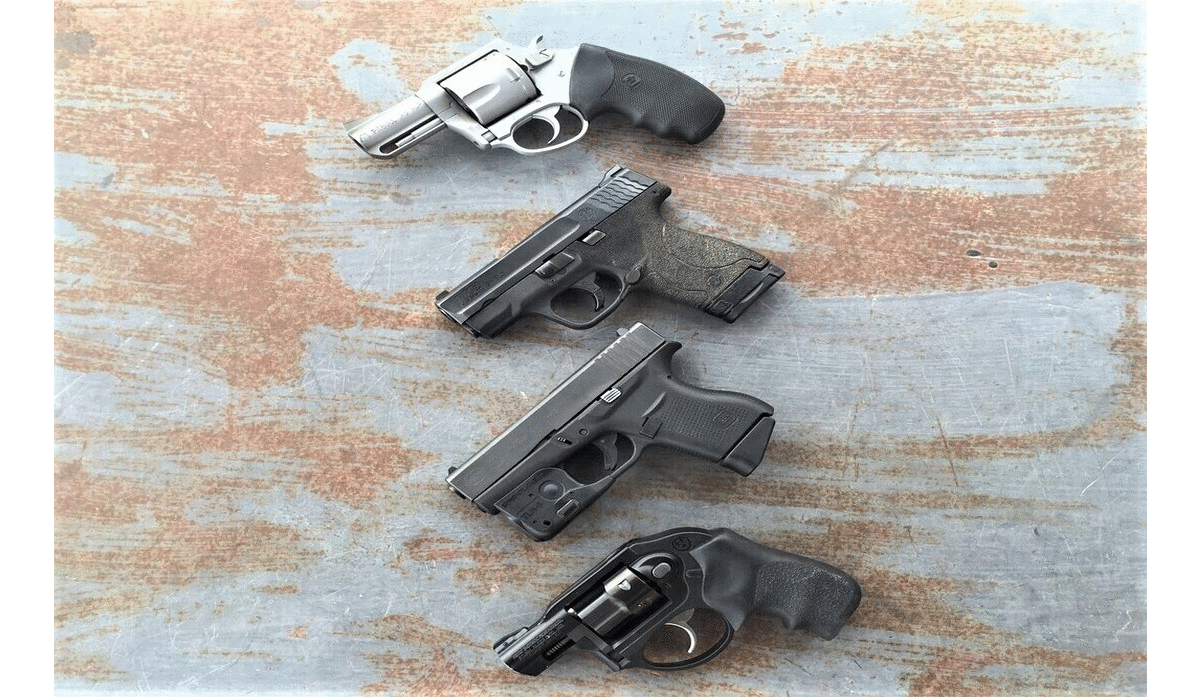
Gun sales are occurring at record numbers today. All categories of firearms, pistol, carbine, and shotguns are being purchased rapidly over concerns of self-defense and attacks on our 2nd Amendment rights. Many folks are first-time gun buyers or are looking to get their concealed carry license, which means small to medium frame handguns.
Proper training with a qualified instructor should be the first order of business for new gun owners to include a healthy dose of gun safety protocols, laws, and gun handling skills. But the aforementioned are for a different discussion another time.
Let’s take a look at some key factors for selecting and purchasing a handgun specifically for concealment. The variables for the selection of a concealed handgun can be almost endless. The following five considerations may aid you in your quest for the perfect carry gun. For the purposes here we are looking at concealed carry only.
Comfort
It should stand to reason that if you are going to conceal your handgun, comfort of carry needs to go along with it. I can assure you if the gun and/or carry system is not comfortable, you will not carry it for long. So, what factors will influence the comfort factor? Most likely weight, overall dimensions (length and width), nd perhaps the platform of the gun itself, revolver or semi auto will influence this decision. Don’t forget to consider the weight of your handgun once fully loaded. This may indeed influence whether you carry a double or single stack pistol along with the caliber (i.e. 45 ACP ammo is heavier than 9mm).
Along with comfort, a carry method for keeping your firearm highly secure while carrying concealed must also be a consideration. You must remember your pistol could be used against you if it comes loose from its concealment place in the midst of a confrontation. Therefore, a proper holster is critical for both comfort and security of the handgun.
Concealable
I prefer to carry concealed on a daily basis instead of open. How you carry is of course unique to you and your daily habits. Suffice to say that a good carry system in the form of a holster or other method is essential. But the gun itself must lend itself to practical means of concealment if that is your preference. Perhaps your geographical area does not allow for open carry.
Most likely the upper size limit for the gun itself would be along the line of a Glock 19, the Smith and Wesson 2.0 or the Springfield XDM 3.8 models. The average person may find these handguns a bit too challenging to easily conceal day to day. A single stack pistol or a snub nose revolver will probably fit the bill and there are some excellent choices. The S&W Shield, Glock 42 or 43X models, Sig P365, Springfield Hellcat and the Ruger LCR all come to mind, and that is just the short list. With the appropriate carry system any of these guns can be easily concealed day to day.
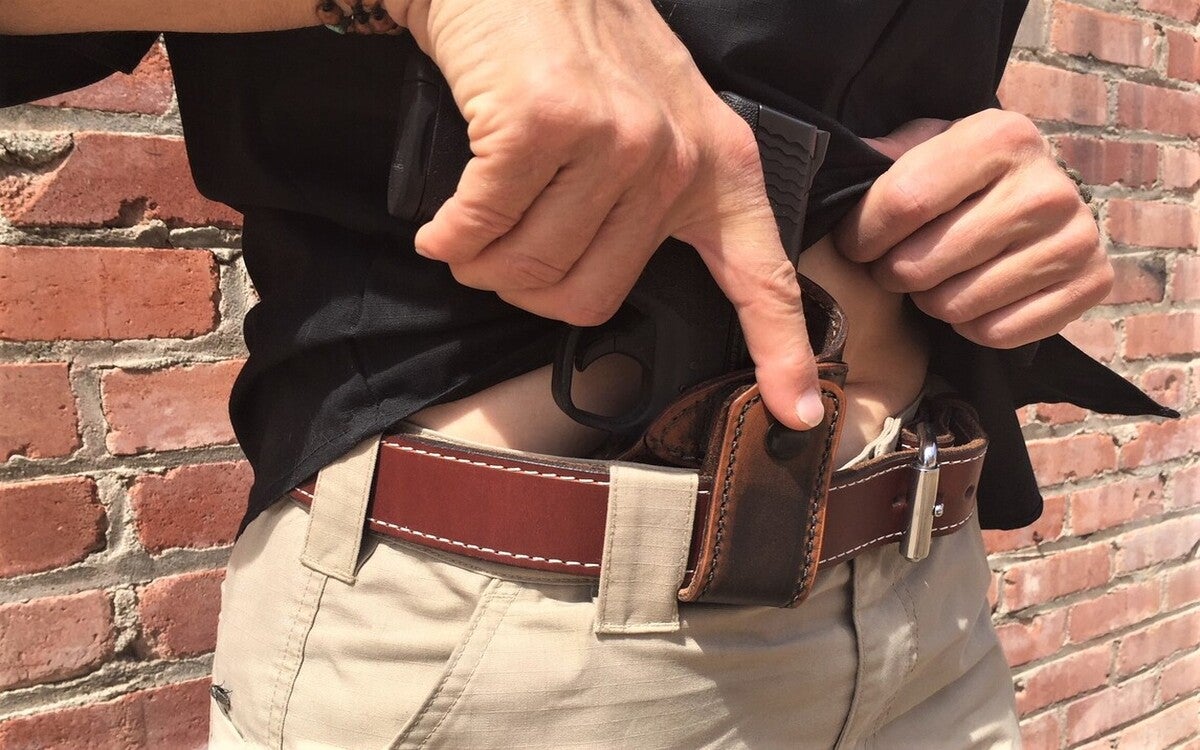
Capable
Here I am mostly referring to caliber as related to ballistic performance in defensive use. We could write volumes and debate till the end of time about what the best pistol caliber is for concealed carry and self-protection. Realize that most any handgun caliber that you would realistically carry concealed has limitations on how effective it can really be on another human. So, the age-old debate of 45 ACP vs 9mm is easy for me. I like the 9mm because of the higher round capacity it will offer in any handgun of comparable size to the 45 ACP. Have no doubt I love the old 45 Auto. But with the advent of increased ballistic performance in 9mm ammunition, better recoil management and higher round count, I usually opt for the 9mm.
Consider that I see everything from 22 rim fire to 44 magnums show up in concealed carry courses today. And while there may indeed be a time and place for both of these extremes, somewhere in the middle is probably more realistic.
Have your doubts as to caliber? Consider that the most commonly used pistol caliber today by the US military and American law enforcement is the 9mm.
I must mention reliability of the gun itself in this section. Meaning does the gun fire and cycle every time I pull the trigger? If not or if the gun is too picky about the ammunition you feed it…get rid of it. Some guns on the market today are more accurate than others, but all are accurate enough for defensive purposes. When it comes right down to it, I will sacrifice a bit of accuracy for reliability every time in a defensive handgun.
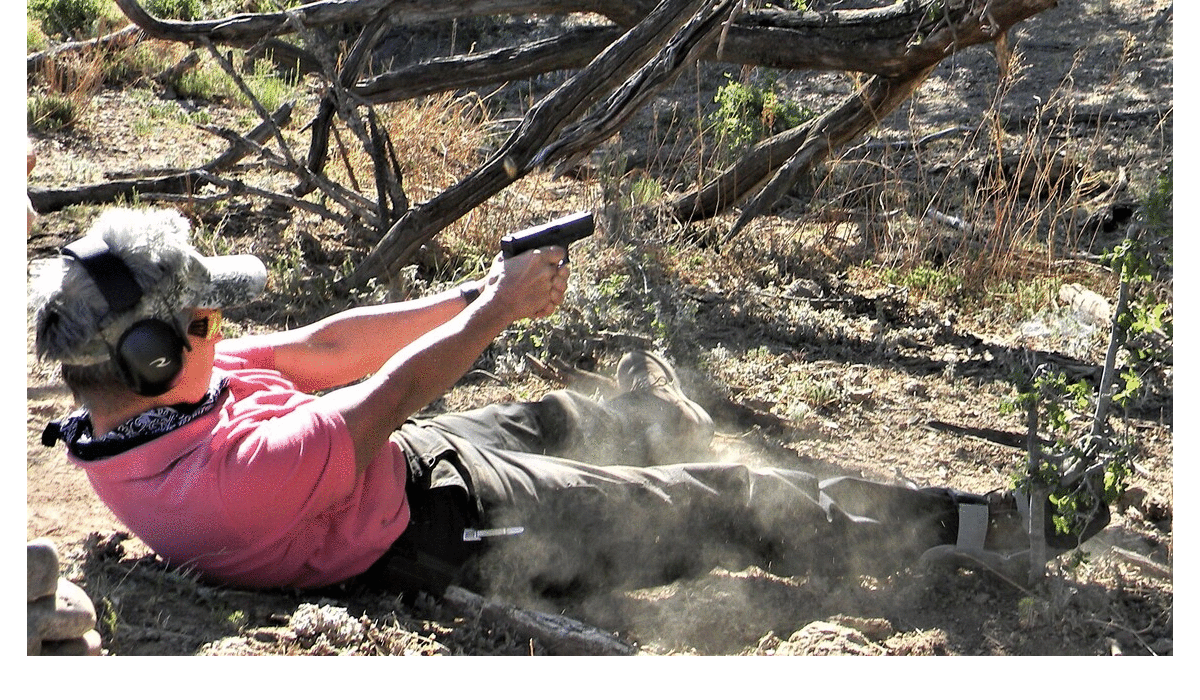
Control
Here I am speaking of how well you as an individual can control and manipulate the gun itself. Many factors influence this: grip strength, the fit of the gun in your hand, your willingness to train, caliber and the make and model of the handgun.
Bottom line you need to be able to run the gun under the most stressful of times. Factors such as recoil control, reloading the gun with ease, malfunction clearances and defeating any safety devices the gun may have could all be critical if the day comes you need your pistol for real.
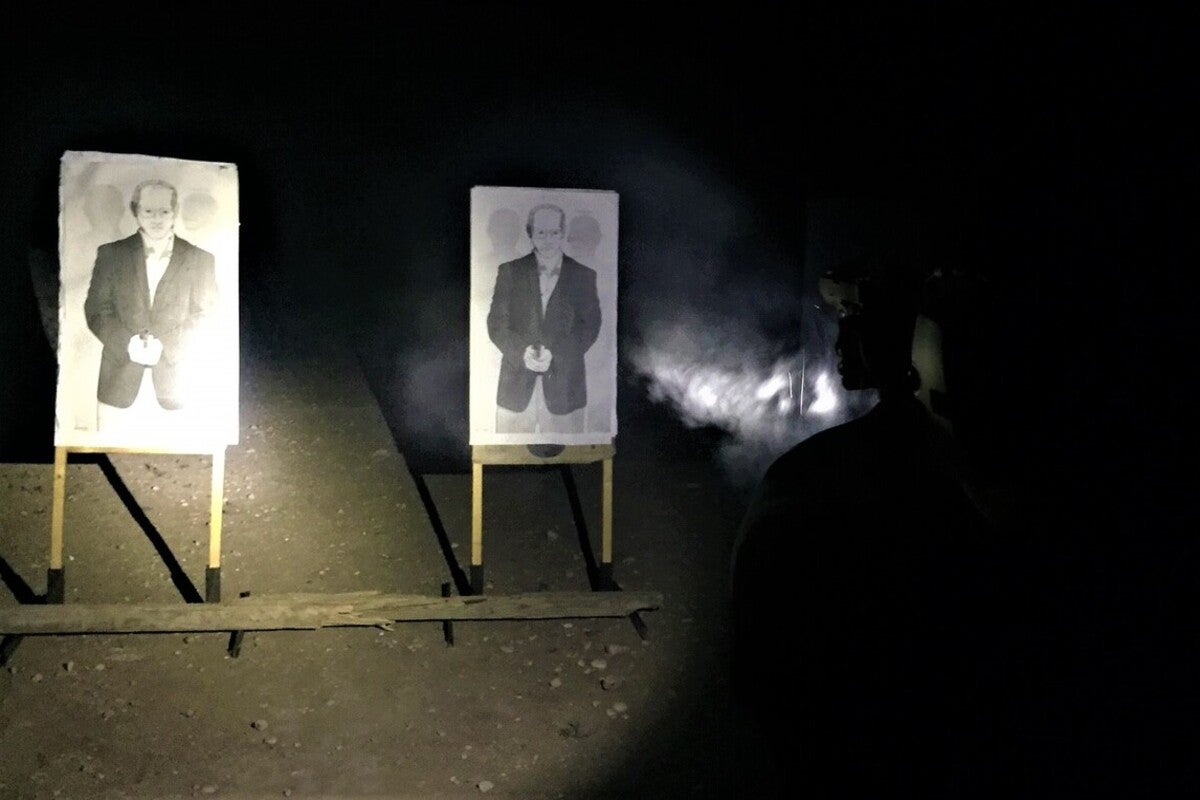
Cost
The cost of a concealed carry handgun can vary greatly as we all know. In general terms the bargain basement priced pistol may not provide you with needed reliability, while the extreme high-priced handgun may in the end be all for show and not practical.
If you take a look at the Glock, S&W, Ruger, Khar, CZ, Springfield, Sig Sauer etc. etc. line of modern-day pistols or revolvers you will be able to find something in the $300 to $700 price range that should fit your needs.
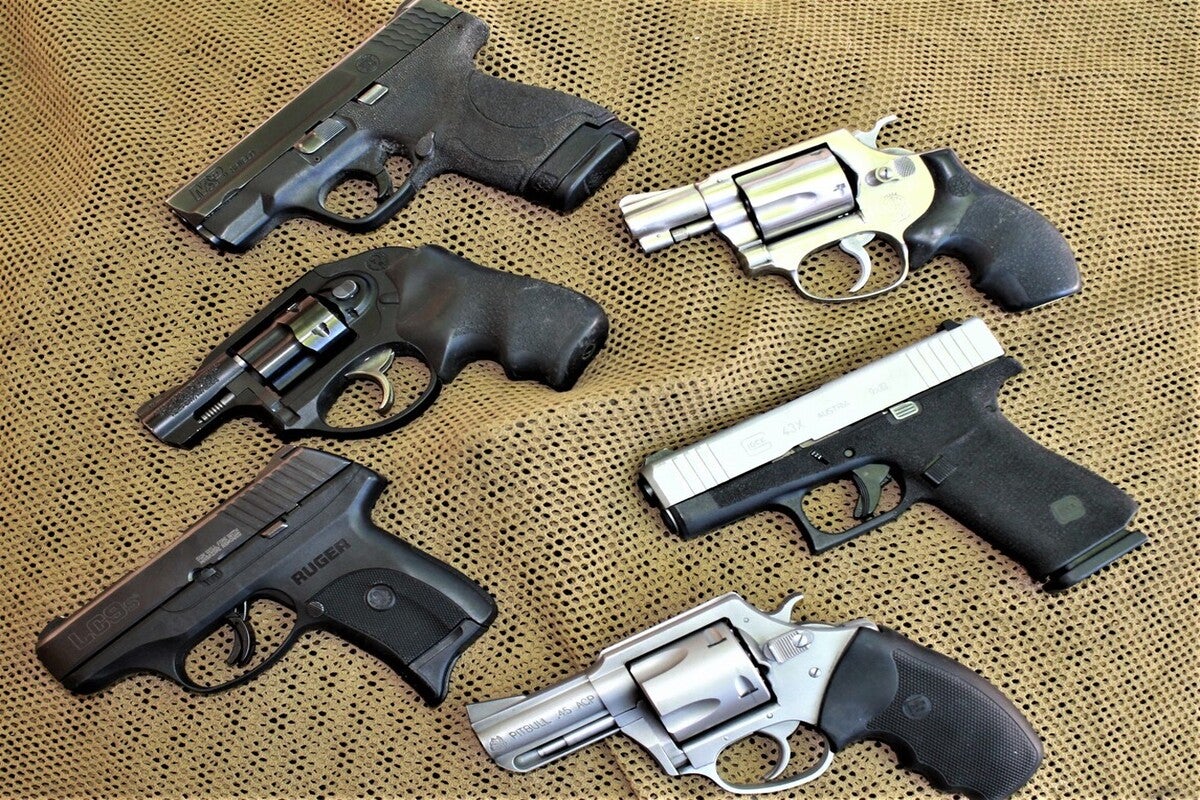
Bottom line, I am looking for a gun that is reliable every time, easy to operate, concealable and have a proven track record. Then I head to the range and put in some serious training time. After all it’s the defense of self and family that may be at stake.